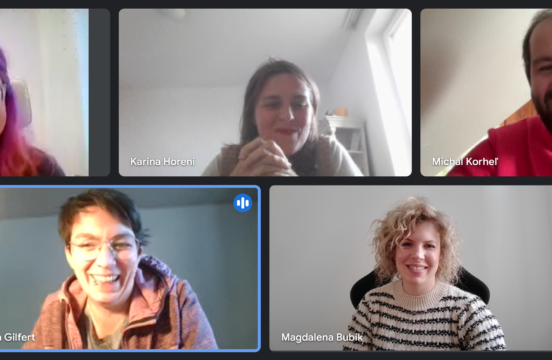On 17-18 October, Karina Hoření attended the largest Czech conference dedicated to public history. This year, the conference took place in the North Bohemian town of Ústí nad Labem, which, like Liberec, where Karina is doing her field research, was an economic and cultural center of Czech Germans, which is visible in the materiality of the town. Perhaps this is also why several conference papers focused on remembering in post-displacement regions. Karina added to the discussion her paper titled: “There are Places We Cannot See: German Industrialists Villas as an Example of Research on the “Periphery”. She draws on Jacques Derrida’s ideas on “Spectres of Marx” and argued that post-German nostalgia is a Halloween costume of a fake ghost while remembering the post-1989 transformation is a real spectre that haunts Czech society today.

































